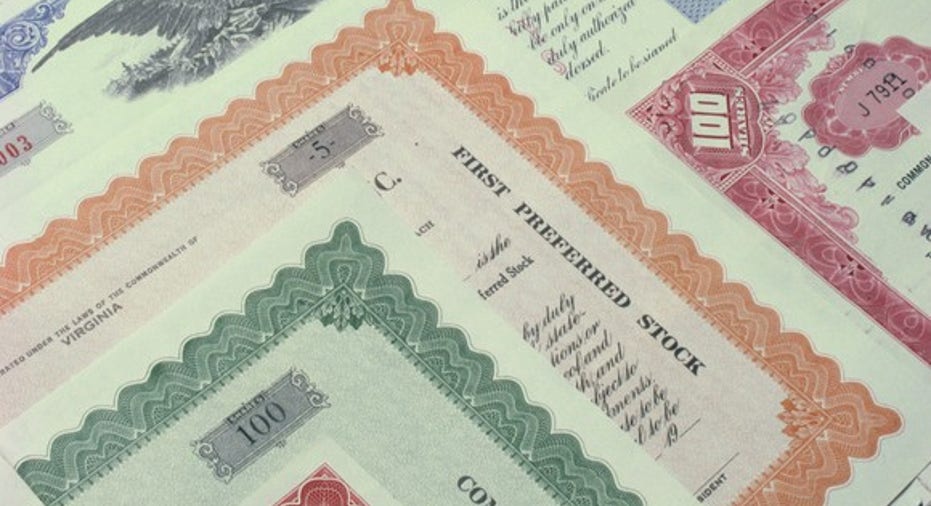What Is a Share Repurchase?

Image source: Getty Images.
Successful companies generate cash profits that they can use for a number of different purposes, and one thing that many companies do with spare cash is to make share repurchases. A share repurchase involves a company buying back shares of its own stock, typically making transactions on the open market using a financial institution as an intermediary. A company's board of directors authorizes share repurchase programs, which typically state either a number of shares that the company is interested in buying back or a dollar amount the company is willing to spend on stock buybacks. The net impact of share repurchases is to reduce the number of outstanding shares of the company, and doing so can therefore boost earnings per share even if the company's overall net income remains flat.
Why companies do share repurchases
Share repurchases are just one way that companies can use excess capital, with paying dividends to shareholders being the other obvious choice. A difference in tax treatment makes share repurchases more attractive to many shareholders. With dividends, all investors who hold shares in taxable accounts have to pay taxes on their dividend income. By contrast, with share repurchases, only those shareholders who choose to sell their shares pay tax on their capital gains. Typically, when a company announced a stock buyback program, the prospect of repurchases boosts the share price. That rewards even those shareholders who hold onto their shares rather than selling them back to the company.
In addition to immediately increasing demand for shares, repurchases also have long-term positive impacts on company financials. By having fewer shares outstanding, any growth in earnings per share is magnified compared to overall net income growth. In some cases, companies can mask stagnant or slightly declining net income figures by doing buybacks. If the repurchases reduce the shares outstanding to a greater extent than net income is falling, then earnings on a per-share basis will rise irrespective of the health of the overall business.
Criticisms of share repurchases
One common attack against share repurchases is that they often end up being ill-timed. Companies are most likely to buy back shares when they are flush with cash, which usually corresponds with successful periods for the company and the stock market as a whole. As a result, companies tend to do repurchases when their shares are expensive. If their shares subsequently lose value, it reflects weakness in the business, and the company often chooses not to make repurchases because it has higher priority needs for its capital.
However, many investors like repurchases as an alternative to having companies hoard cash. With many large companies maintaining huge cash balances, especially in the tech industry, shareholders fume at the idea that they aren't putting their capital to better use. Buybacks let shareholders benefit from deploying that cash, even if it isn't always done optimally.
Companies that make share repurchases usually see their stocks rise after announcing their buybacks. As long as that keeps happening consistently, you can anticipate seeing more share repurchase programs from successful companies in the future.
This article is part of The Motley Fool's Knowledge Center, which was created based on the collected wisdom of a fantastic community of investors. We'd love to hear your questions, thoughts, and opinions on the Knowledge Center in general or this page in particular. Your input will help us help the world invest, better! Email us atknowledgecenter@fool.com. Thanks -- and Fool on!
The article What Is a Share Repurchase? originally appeared on Fool.com.
Try any of our Foolish newsletter services free for 30 days. We Fools may not all hold the same opinions, but we all believe that considering a diverse range of insights makes us better investors. The Motley Fool has a disclosure policy.
Copyright 1995 - 2016 The Motley Fool, LLC. All rights reserved. The Motley Fool has a disclosure policy.



















